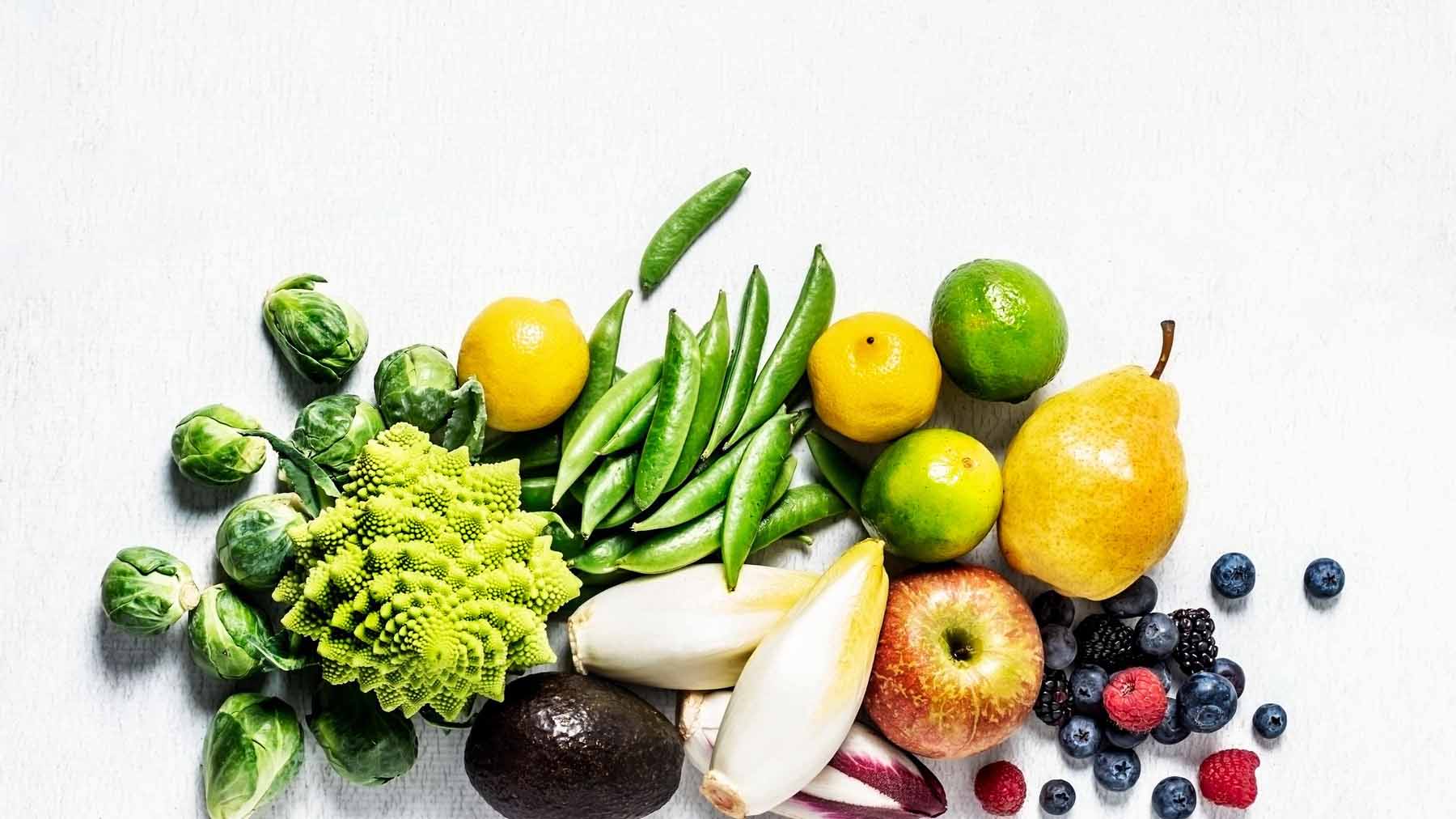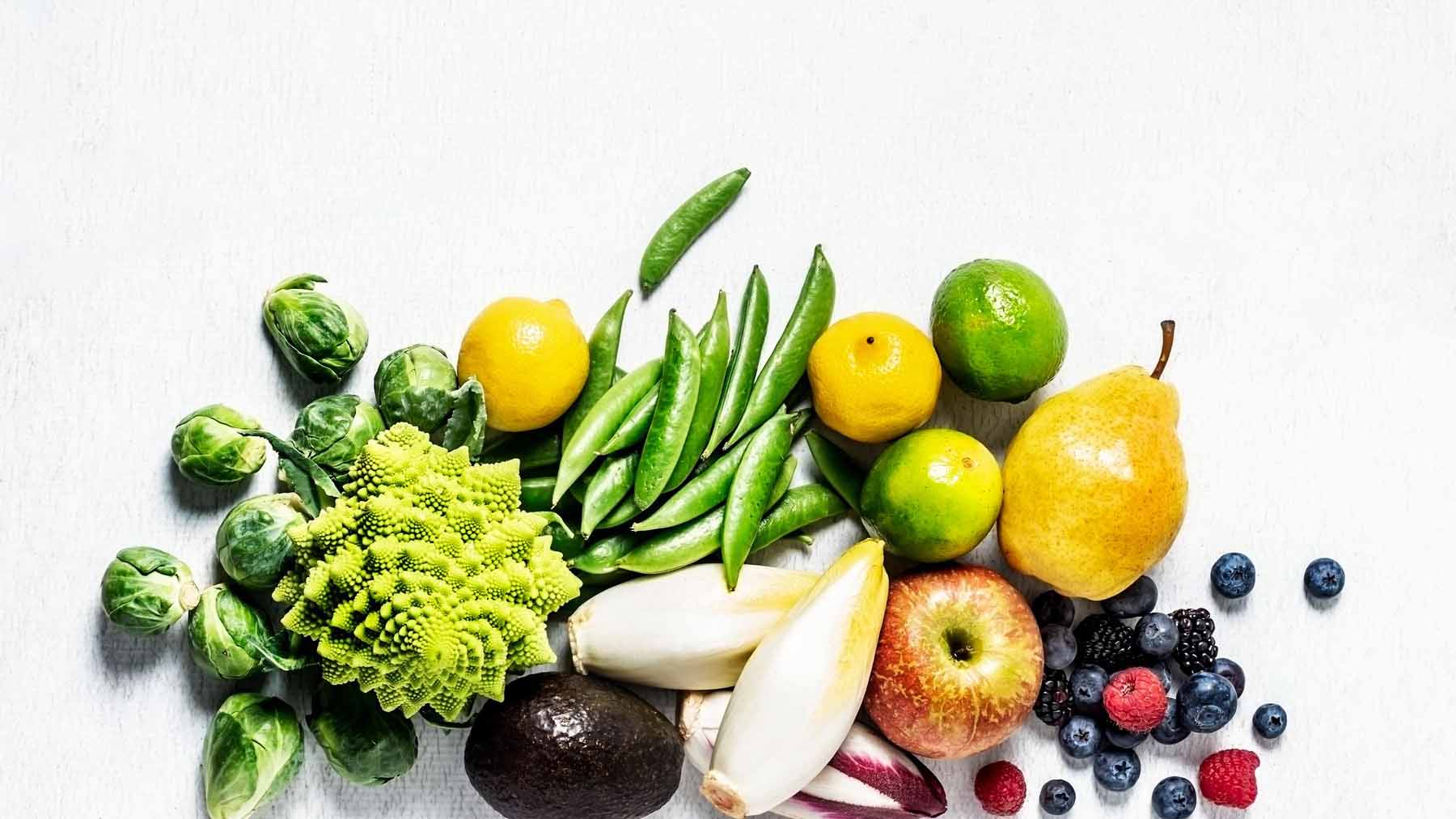What exactly does plant-based mean?


If you’ve been left wondering what the phrase “plant-based” actually means you aren’t alone. With the sudden popularity of plant-based fast food burgers and “chicken” fingers you might be confused as to whether or not the terms “plant-based” and “healthy” are interchangeable. This article takes a closer look at the history behind the phrase and its use in marketing as well as what it actually means to enjoy a healthy diet rich in plant-based foods.
Plant-based beginnings
The phrase “whole foods, plant-based” was first coined by T. Colin Campbell, an American biochemist who co-authored the best-selling nutrition book, The China Study. Campbell’s original definition of this term promoted minimally processed, high-fibre plant-based foods. His extensive research on the subject led to the conclusion that a diet rich in vegetables, fruits, legumes and whole grains is best for maintaining optimal health.
What plant-based means today
Today the term “plant-based” has become less of a dietary plan and more of an advertising gimmick. Plant-based burgers, “chicken” strips, lunch “meat” and “dairy” products are being marketed as healthy foods, despite the fact that many of these items are heavily processed as well as being high in sodium and sugar. As with many other types of convenience foods, these products can still be enjoyed in moderation — especially when paired with plant-based whole foods.
Types of plant-based diets
Almost any type of diet or eating plan has plenty of room for a wide array of whole, plant-based foods — many of which are ZeroPoint foods. Some diets are very strict about the inclusion or exclusion of animal ingredients while others allow for complete freedom in terms of flexibility and choice. Whatever your dietary needs happen to be, enjoying an interesting variety of food will help ensure you’re getting a complete range of macronutrients (carbohydrates, protein, and fat), vitamins, and minerals.
Vegan
The strictest form of plant-based eating, a vegan diet, excludes any and all animal-derived ingredients including all meat, eggs, dairy, seafood, and poultry. Many vegans also exclude honey and certain food additives made from insects or lanolin (a type of oil found in sheep’s wool.)
Vegetarian
A vegetarian diet excludes meat, poultry and seafood but includes eggs and dairy. Some vegetarians choose to omit either eggs or dairy based on personal preference.
Flexitarian
A flexitarian diet is overwhelmingly plant-based but offers the flexibility to incorporate small amounts of meat, poultry, seafood, eggs and dairy into your eating plan as desired.
Pescatarian
A pescatarian diet includes fish, shellfish, dairy and eggs — meat and poultry are not permitted.
Omnivore
An omnivorous diet has no restrictions on meat, poultry, dairy, eggs or seafood. Those who follow an omnivorous eating plan can enjoy animal-based foods whenever they like while supplementing their diet with plenty of plant-based, whole food options.
Tips for enjoying a plant-based diet
Eating a plant-based diet doesn’t have to involve special ingredients or “veganized” versions of animal-based foods. The following suggestions are easy to integrate into your daily routine, are economical and most importantly, are customizable to your preferences.
- When it comes to fresh produce, buy less and shop often. Learn how to store fruits and veggies properly and try to buy delicate produce on an as-needed basis.
- If you enjoy eating rice as a side try substituting whole grains or grain-like grasses in its place.
- Instead of using store bought veggie burgers try making your own with beans, peas, veggies and/or crumbled tofu. Thanks to the combination of protein and fibre you’ll feel fuller, longer while reaping also reaping the nutritional benefits of the ingredients.
- When shopping for plant-based convenience foods try to pick items with the least number of ingredients whenever possible.
- If you follow a strict vegan or vegetarian diet consider taking a vitamin B12 and vitamin D supplement (or look for dairy, juice and cereal that has been fortified with these two essential nutrients.)
